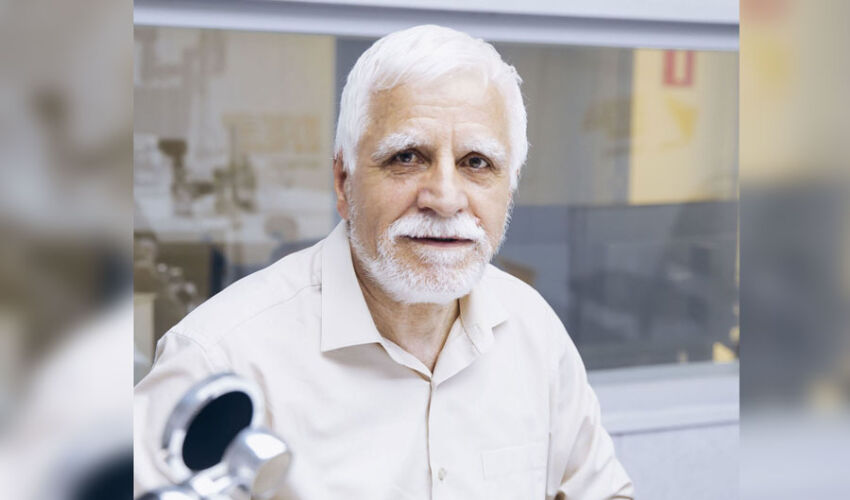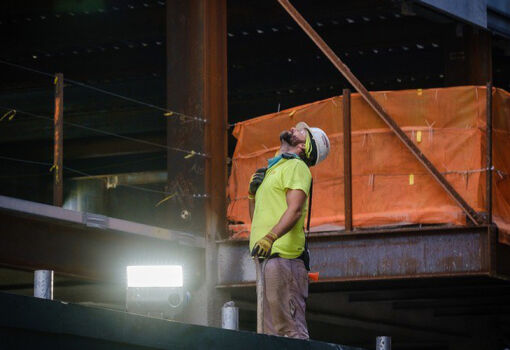
Stefan Urytu
A total of 29 political organizations that submitted financial reports to the CEC received subventions from the state budget. PAS was followed by the Party of Socialists (17%) and Our Party (10%). These data are presented in the monitoring report “Financing of Political Parties in Moldova: Retrospective 2024”, prepared by Promo-LEX Association.
“This distribution puts into question the real chances of small parties on the political scene,” the organization’s experts commented on the situation. Recall that political formations have been financed by the state since 2016. According to the law on party financing, 0.2 percent of the state budget revenues are allocated for their support.
They are distributed mainly depending on the results obtained by the parties in the elections. This does not mean only the last parliamentary elections, but all elections, including local and presidential ones. So small parties, which are not very well known in the capital, also get support, provided they get local votes. Factors such as the representation of women and young people in the party are also taken into account.
Experts also state that subventions from the state budget, which in 2024 amounted to 75% of all reported party revenues, remain the main source of party funding. Last year’s results show a slight decrease in the dependence of parties on these allocations compared to 2023, when their share was even higher (84%).
The revenues of political formations from donations have grown significantly. They amounted to 13.5 million lei. This is three times more than in 2023. PAS (35%), Our Party (27%) and PSRM (18%) received most of them.
At the same time, the amounts of membership fees decreased. Only 17 parties collected them, and in 11 of them, even the leaders did not pay them. The monitoring also showed that the number of declared party members continued to decrease. Only the Action and Solidarity Party, the Socialist Party and the Liberal Party declared more than 10,000 members. And 28% of parties have less than 1,000, which is the minimum threshold set by law.
The monitoring also revealed that the unregistered expenses of 20 parties amounted to at least 20 million lei, which is 28% of the 71 million lei of officially declared expenses. Most of them were found in the Victory bloc (81%), the Party of Socialists (8%) and PAS (2%). These are mainly expenses for advertising in social networks (37%) and political events (21%).
In general, political parties have become more accountable, experts conclude. Last year, 95% of them (compared to 75% in 2023) submitted their financial results to the CEC. But despite the increase in the number of reports submitted, their quality remains questionable.
According to Stefan Uritu, chairman of the Voinţa Poporului party, former chairman of the Helsinki Committee for Human Rights and former deputy chairman of the CEC, the law is designed so that the parties that took the most votes during parliamentary elections also receive the largest share of public funds. In this sense, it is enforced and fair. But it stimulates large formations and, first of all, parliamentary ones. Because other aid flows to them, and there are few chances for non-parliamentary parties.
“When election preparations are underway and small parties turn to business entities for help, they refuse, fearing that it may affect their activities,” Urytu continues. – It turns out that business also helps those who have the power at the moment. Businessmen would support small parties, but they don’t want their names to appear in reports. And this is required by law. Which is right, because transparency in these matters is necessary. Although it is still not ensured. What we see in lists and reports does not reflect reality. And most party leaders do not ask for help, because sooner or later the problems may exceed it.”
The Promo-LEX report also covers the latest legislative changes on political party financing. They concern the regulation of political blocs, the ban on the creation of successor parties, tougher sanctions for voter corruption and illegal financing. As well as a ban on the promotion of political leaders through charitable activities. Failure to comply with the new provisions may result in restriction of party activities or ban on participation in elections.
Political market participants also perceive these changes ambiguously. “Now, in order to eliminate electoral corruption, decisions are being made that make all parties suffer,” says Stefan Urytu. – The conditions in terms of reporting are getting tougher. Although in France, for example, the state does not require all information about party activities and subsidies.
However, the legislation still does not include rules on political and electoral financing by third parties, although this was recommended by international institutions and national observers, Promo-LEX experts note.






